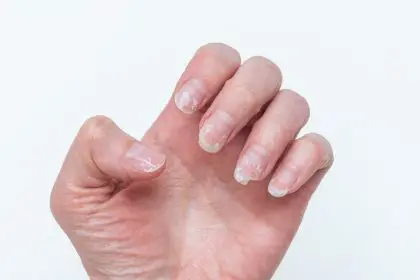In today’s world, the safety and security of our loved ones are paramount. This is especially true when it comes to entrusting them into the hands of caretakers, whether they are nannies, elder care providers, or personal aides. Conducting thorough background checks on caretakers is not just a precaution; it’s a necessary step in ensuring that those we care about are in safe hands. This article delves into the reasons why background checks are indispensable, the types of checks you should conduct, and how they can protect your family from potential risks.
The Importance of Background Checks
Protecting Vulnerable Family Members
Caretakers often work closely with the most vulnerable members of our families, such as young children, the elderly, or those with disabilities. These individuals may not always be capable of communicating or defending themselves effectively. Background checks help uncover any past behaviors, criminal records, or other red flags that could put your loved ones at risk.
Verifying Credentials and Qualifications
It’s crucial to verify that a caretaker has the proper credentials and qualifications for their role. Background checks can confirm educational backgrounds, certifications, and previous employment history, ensuring that the caretaker has the appropriate experience and training to provide proper care.
Types of Background Checks to Consider
Criminal History Check
A criminal history check is the cornerstone of a background check for a caretaker. This check will reveal any past convictions, ongoing criminal cases, or legal issues that might be relevant to their job duties.
Employment Verification
This type of check confirms whether the caretaker has honestly reported their work history and experience. It’s essential for verifying the authenticity of their resume and ensuring they possess the skills they claim to have.
Reference Checks
Speaking to former employers and references can provide insights into the caretaker’s work ethic, character, and reliability. These conversations are invaluable as they can reveal aspects of the caretaker’s behavior that are not always evident in records or databases.
Why Background Checks Should Be a Standard Practice
Ensuring Safety and Peace of Mind
The primary benefit of conducting background checks is the increased safety and security for your family. Knowing you have taken every possible step to vet the caretaker allows for peace of mind, which is priceless.
Building Trust
When a caretaker passes a comprehensive background check, it helps build trust between them and the family. Trust is crucial in any caregiving relationship, and knowing the caretaker has a clean history helps in fostering a positive and open relationship.
Preventing Potential Issues
Background checks can help prevent issues related to theft, abuse, or negligence. By identifying potential red flags before hiring a caretaker, you can avoid many problems that might arise from entrusting your loved ones to the wrong individual.
Conclusion
The decision to perform background checks on caretakers should be seen as an essential part of the hiring process. It’s about more than just filling a position; it’s about ensuring the safety, security, and well-being of the most cherished individuals in your life. By making background checks a standard practice, you are taking a proactive stance in protecting your family and setting a standard for responsible caregiving. Remember, a thorough vetting process not only protects the vulnerable but also ensures that the relationship between the caretaker and the family starts on a foundation of trust and safety.
By integrating this practice into your hiring procedures, you can rest assured that you are doing everything within your power to keep your loved ones safe. The effort and time invested in this process pay immense dividends in terms of safety and peace of mind, making it a critical and invaluable aspect of hiring caretakers.
This story was created using AI technology.











